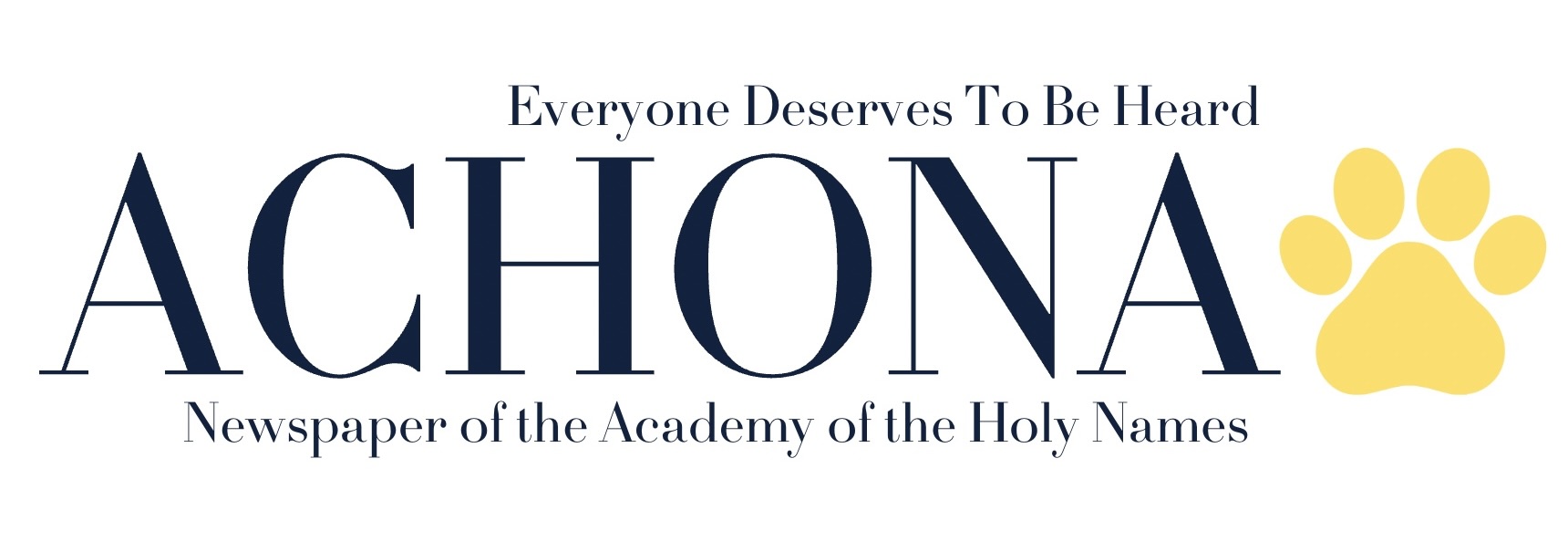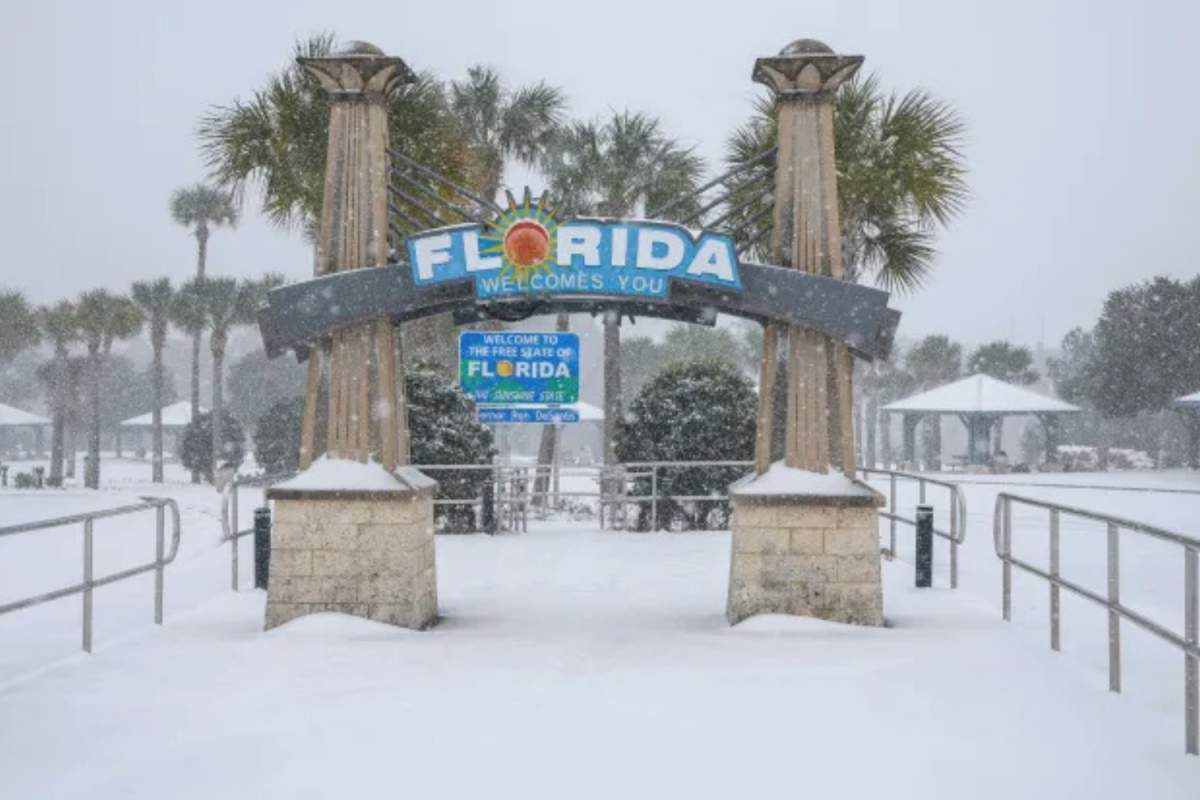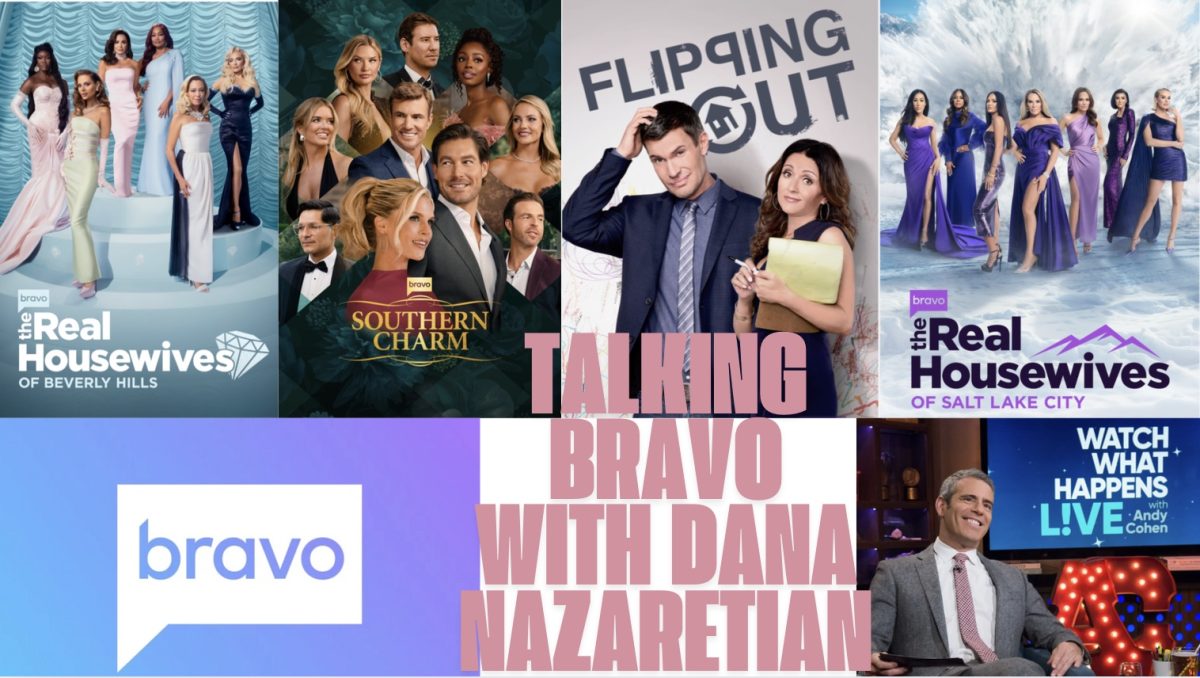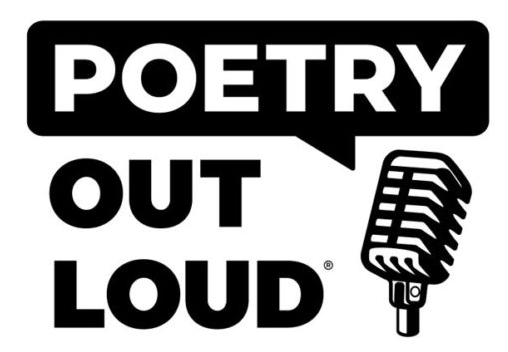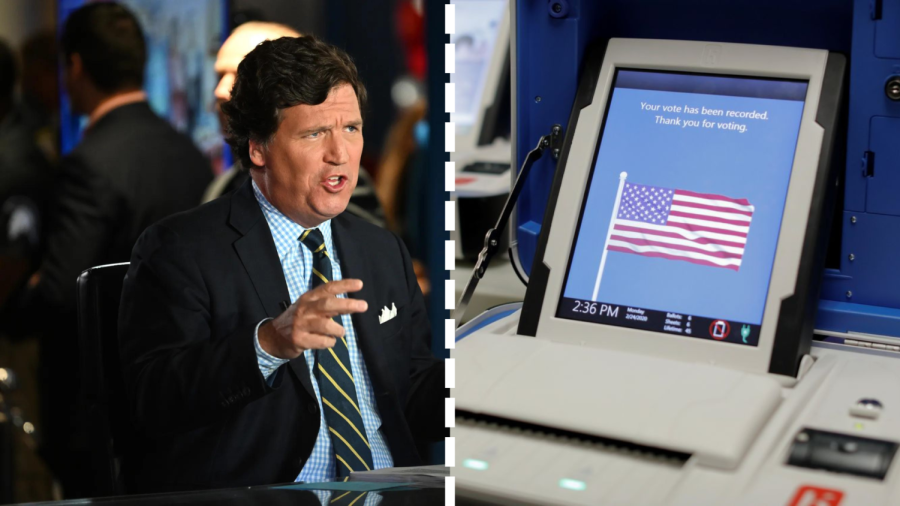The news business, in my experience, has always been bipolar, given to unpredictable mood swings between exuberance and despair. For much of this decade, the industry has been in a purple funk.
It wasn’t just that the crumbling of the century-old pillars of advertising support had raised doubts about whether a new microeconomics of news was feasible. There was also dark brooding about whether journalism still had a place in public life, or whether a professional practice of fact-based reporting about contemporary realities would vanish, and be replaced by a clamor of opinion mongering, speculation, gawking and manipulation by marketers and publicists.
But suddenly, it seems, the clouds are parting. We’ve entered a time of dreams and hopes, of growing buoyancy. I know this from the glut of industry gatherings. There are conferences as far as the eye can see, conferences on new media, social media, old media and new uses, new media and old uses, entrepreneurial journalism, crowd-sourced journalism, transnational journalism, investigative journalism, new business models, new life for old business models. Sometimes little conferences ride alongside big conferences, like sidecars on motorcycles, or tag behind them, like cabooses on freight trains, or precede them, like cowcatchers. And that’s not just in the United States, it’s overseas too.
And there’s money. Not sustainable new revenue sources, unfortunately. But foundation money and philanthropic money and philanthropic foundation money for cool new ideas. Never has there been such an outpouring of funds for promising media experimentation. A comparable outflow devoted to, say, eliminating poverty in this country couldn’t fail to ensure the next generation of underweight newborns a lifetime of good health.
But OK. It’s more of a bubble than a boom, but it still beats the bust we’ve been seeing. Besides, we’re facing the greatest explosion of communicative capability since the advent of speech, and we all benefit from having smart people trying to make sure the emerging era of media abundance is shaped with intelligence and good intentions.
Because at the moment, I look around and shudder. With the unprecedented proliferation of channels, with more people empowered not just to hear but to speak, more information and commentary from an expanded array of sources.
In short, a vast democratization of discourse, what can we conclude? Is the population more knowledgeable, better prepared to approach the things that matter most in their lives, more confidently entrusted with the duties that a sovereign people in a democratic system must carry out?
I don’t see it. To me, it seems more people are ill-informed than ever.
Alarming minorities believe that the president was born abroad and, hence, was elected illegally, that the previous president conspired to destroy the Twin Towers on 9/11 — a crime which, still others believe, Saddam Hussein took time away from his nuclear program to sponsor — that health reforms empower bureaucrats to deny care to old people, that our great-grandfathers hunted dinosaurs. In short, evidence that the fog of ignorance that many of our fellow citizens inhabit has been dispelled thanks to all these hot new media is hard to come by.
In the national news agenda, instead of diversity there’s serial unanimity. Has the mainstream media consensus ever moved in such lockstep? First they agreed Obama was FDR, now he’s Jimmy Carter. First the deficit was an irrelevancy, now it’s the only number that counts. First Iraq was a fiasco, now it’s a triumph.
At the same time, the frenetic metabolism of 24/7 news creates such a ravenous hunger for conflict and turbulence that it continually rewards the most extreme, twitchiest, most irresponsible assertions with prominence and repetition. And these statements flow onto the grid from everywhere: The system is more porous than ever, and the big media whose gaze used to connote significance are terrified to filter out things that are being bruited about elsewhere even if they don’t meet elemental standards of veracity or newsworthiness.
Once that would have been called exercising judgment. Now instead we have media-as-enablers, bringing us balloon boy and the Quran-burner. And Newt Gingrich’s latest utterance.
Worst, to me, is the belief that this new informational world is self-correcting. Unconfirmed, even implausible, stuff can be published with impunity. If it’s wrong, we’ll fix it later. Verifying things before launching them before the public is deemed quaint and pointless. The reality, that falsehoods do harm, that they’re never fully expunged even if corrected, and that people who engage in public communication have an obligation to exercise care, is a hindrance to today’s news ecology.
So the mood has shifted to optimism, which recognizes the reality of the revolutionary transformations the media are undergoing. But it’s worth remembering that there’s never a guarantee that any revolution will improve upon the regime it replaces.

